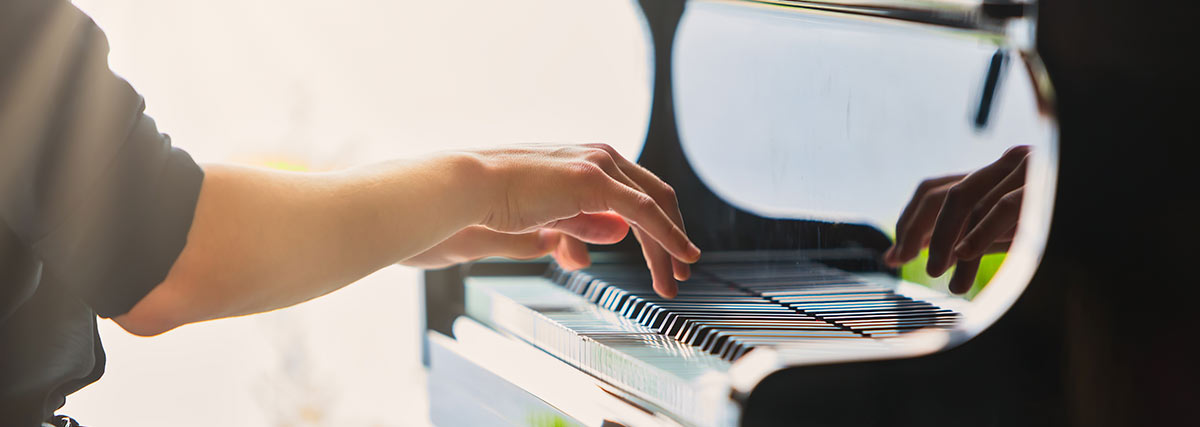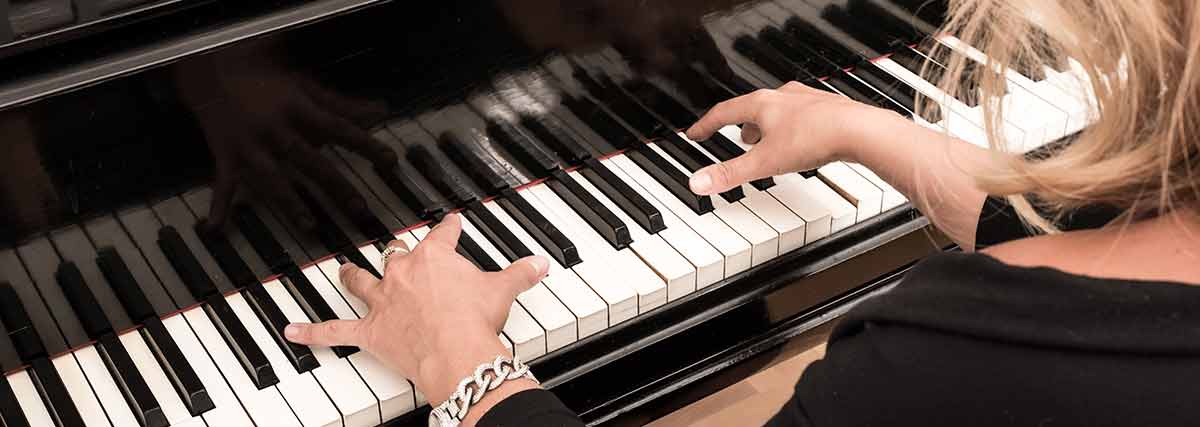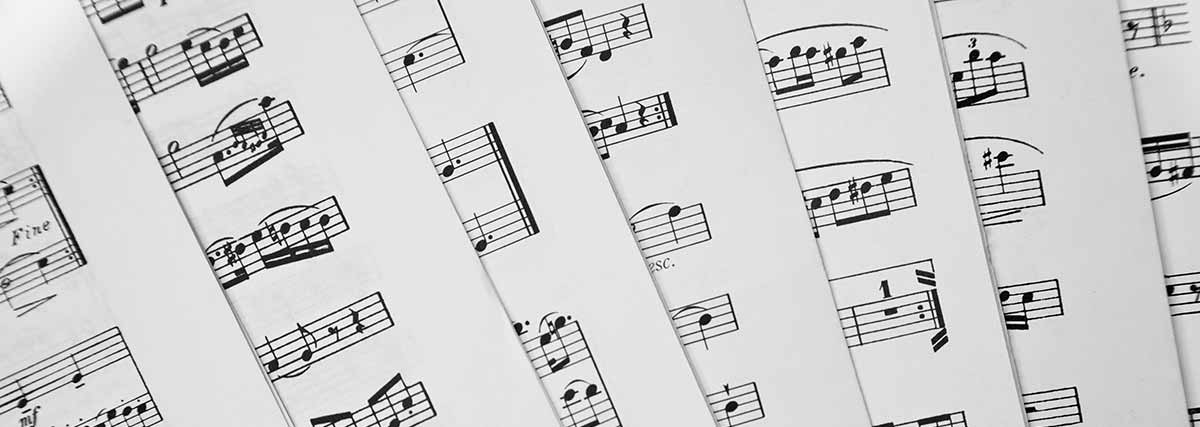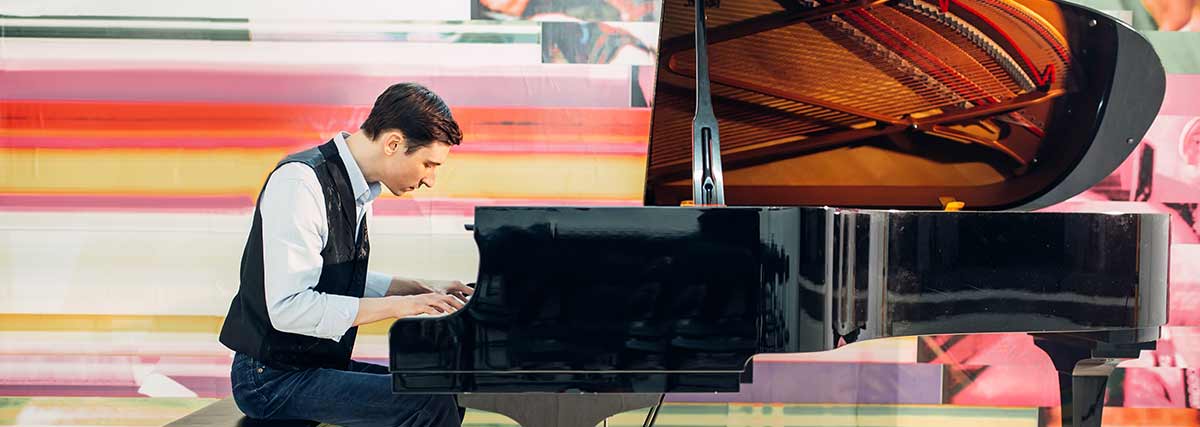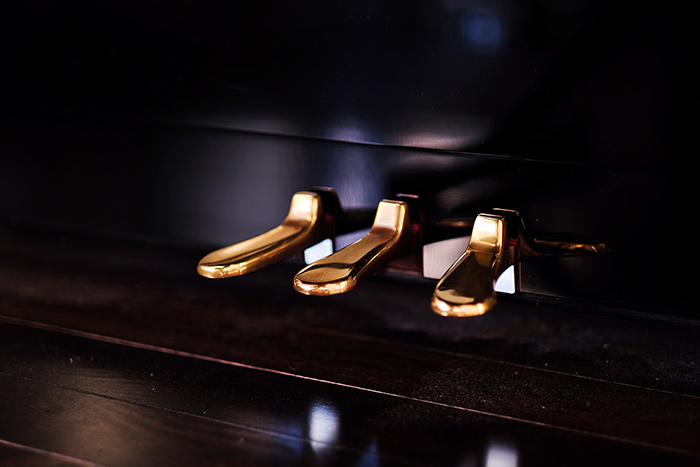What does it take to be an excellent pianist? What are the factors that contribute to becoming a proficient instrumentalist? Are you one of those enthusiasts hoping to become a concert pianist or maybe just wanting to perform inside the walls of your living room with your family as your audience? Probably you are wondering and looking for ways to make your piano playing better.
Piano technique is one of the vital factors in becoming a proficient pianist and in this article, we will be discussing how to improve technical piano skills.
Regular Practice
Learning a skill does not happen overnight. Learning how to play the piano can take months and years. Piano playing is considered a physical activity, because you use your whole body to produce sound which involves using the muscles of the body. Because piano playing is a physical activity, in order to improve your skills with the instrument, you have to practise and train your muscles as regularly as possible, so that it will increase the strength and agility of your fingers, as well as improving muscle memory which is very important in improving technical skills.
It is advised to practise as often as possible. A daily schedule of practice for at least 30 minutes for beginners, and of course more, if you are more than a beginner and planning to improve your technical skills. Usually, advanced piano players practise for plenty of hours per day because they would take the time to really grasp how to execute every note and how each key should be pressed so that the sound produced by their fingers is well controlled. It enables them to create the sound of each note according to how they want it to sound.
Scales and arpeggios in all keys
Some piano learners tend to forget how important scales and arpeggios are. Some intentionally do not include it in their practice at all. It is essential to include them in your regular practice especially when you are working on improving technique. Practising scales and arpeggios helps in developing finger dexterity and hand coordination, and practicing them on all key signatures will definitely contribute in your mastery with the lay-out of the piano keys.
Being knowledgeable with the scales and arpeggios unlocks tons of opportunities for learning a more advanced piece. Scales and arpeggios are found almost in all piano pieces so by learning them, it will give you the advantage to master piano pieces in the most efficient way.
Using a metronome in exercises
When you practise a new passage or exercise on the piano, you cannot simply jump into it with a fast tempo or speed that is out of your range. It is strongly advised to learn a new piece in a slower tempo where you are comfortable to play each and every note securely. In that case, you can grasp how each hand and finger motion should be done. When you are comfortably able to play it in a certain tempo, you can gradually move to a faster tempo, so that you can secure the notes as you play the passage.
Using a metronome during practice is especially helpful when practising technical exercises, so that you can observe playing even note rhythms. Using a metronome also helps you to have a steady beat that you can follow along while you study the music and it ensures that every section of a piece is played with a consistent pulse. A metronome is actually a good tool to track your progress in piano playing. It can be used to know how much speed you are at before you reach the goal tempo – gauging how much more you need to improve.
Etudes
Etude or Study is a musical composition that is created for instrumentalists to aid in learning exercises or for improving technique in their choice of instrument. Piano etudes are one of the most brilliant creations that composers have ever made, because it is the perfect material to improve technique in piano playing. There are a lot of etudes that could help you improve your piano playing, for example, there are etudes that are for improving technique in playing scales, octaves, thirds, and so many more.
Learning etudes is one of the best ways to improve technical piano skills, because it helps you develop techniques that will refine your piano playing and will give you the ability to learn more advanced pieces. Learning them is a good investment when it comes to studying piano concertos. Some of the most famous composers that created etudes for the piano are Carl Czerny, Frederic Chopin, and Franz Lizst.
Piano lessons
If you are aiming to improve your technical piano skills, taking piano lessons is the best way to do that. Learning on your own will not only take longer to improve technical skills but will also increase the chances of getting an injury. Learning without guidance from a professional piano teacher can be risky as you might develop a habit in piano playing that could cause injury after some time. A professional piano teacher is trained and equipped to teach students to improve their skills in piano playing.
Learning technical piano skills with a teacher gives you the advantage of gaining knowledge from someone who has trained on the instrument for years. They can also teach a student in a way that is catered to their learning style. One of the perks of learning from a piano teacher is that the teacher can correct your technique immediately and can monitor you carefully, assessing your skill and helping you to improve in the most effective way.
It is a good mindset to improve your technical skill in piano playing especially if you want to become a proficient pianist. Being skillful with the instrument will surely open a lot of opportunities and possibilities. Practising the piano and becoming better does not necessarily mean you have to go through the hole of the needle. You just need to have the mindset and know the effective ways in refining your skill in piano playing. Playing the piano is not as hard as what most people think. Although becoming a skillful pianist has no shortcuts, it does not mean it is unachievable.

